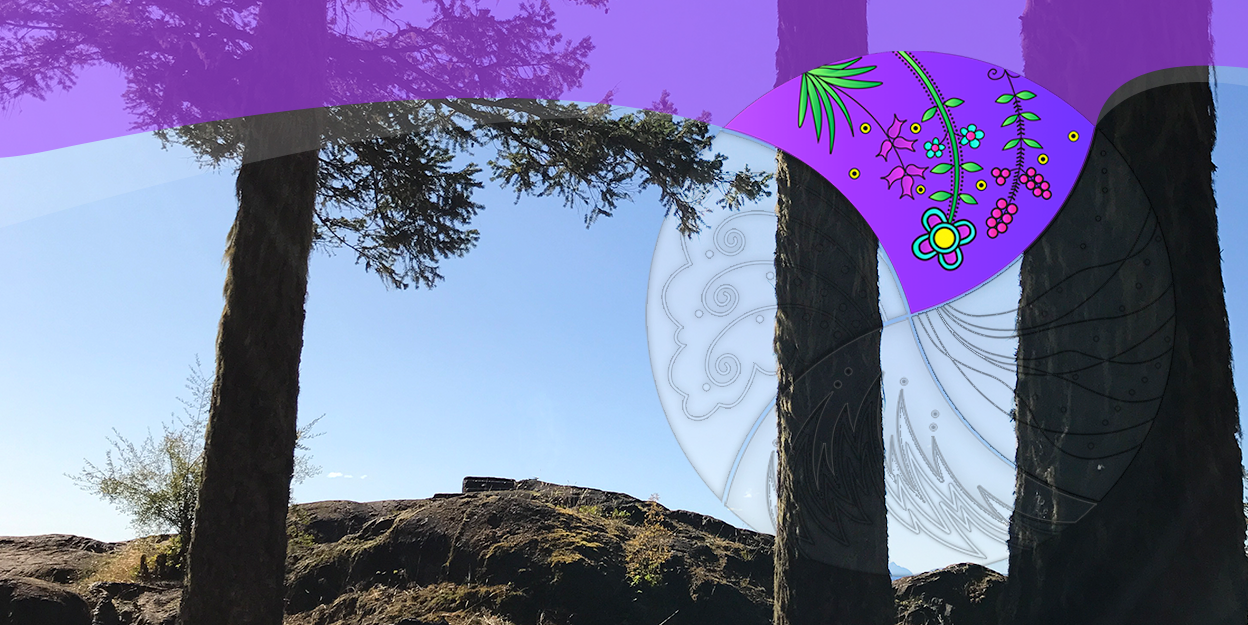Project Brief
NunatuKavut, meaning ‘our ancient land’, encompasses the central and south eastern portion of Labrador. NunatuKavut is home to a distinct population of Inuit who have long remained connected to the land, sea, and ice of their territory. NunatuKavut communities are working towards wholistic sustainability, balancing a complex web of resources, opportunities and threats that allow them to continue to live according to their culture and values. Currently, all coastal NunatuKavut communities are reliant on diesel fuel for power generation. Community members view diesel as reliable, safe and effective, but there are concerns about how diesel impacts individual and community health as well as environmental sustainability. Renewable energy alternatives could provide an alternate pathway to sustainability, offering greater autonomy and energy security, however discussions about energy transitions must be embedded within culture and community, and defined by Inuit governance structures.
The project engaged in a critical policy and project analysis which sought to determine how NunatuKavut Inuit have been involved with and benefitted from previous and ongoing energy-related decisions in the region. Through ongoing community engagement, the team launched a high efficiency woodstove pilot project in the partner community of Black Tickle. Through the implementation of this project, the team sought to address the immediate community concern of heat insecurity, which was identified as a priority by the NunatuKavut Community Council and community members through 211 interviews and surveys across nine participating communities. In addition, the team sought to advance and model a genuine community-led sustainable energy initiative, delivered by Inuit, alongside Inuit, and for the principal benefit of Inuit.
Project Outputs
In addition to conducting a critical policy analysis, interviews, and conducting surveys, the team supported the rollout of the high efficiency woodstove initiative. The team produced a report, Community Co-Creation of a Clean Energy Initiative: Black Tickle High Efficiency Woodstove Pilot Project that details this project. During this time, the team also supported NunatuKavut’s sustainability planning, which included working with nine youth over eight weeks to train them in survey collection, report writing, and other research-related activities. This evolved into the NATURE (NunatuKavut Action Team on Understanding Renewable Energy) Youth Council.
Team meeting in NunatuKavut. Photo credit Nick Mercer
NunatuKavut, Labrador. Photo credit Debbie Martin
Members of the Towards Energy Security in NunatuKavut team at the NunatuKavut Renewable Energy Summit, January 2019. Photo credit Debbie Martin
